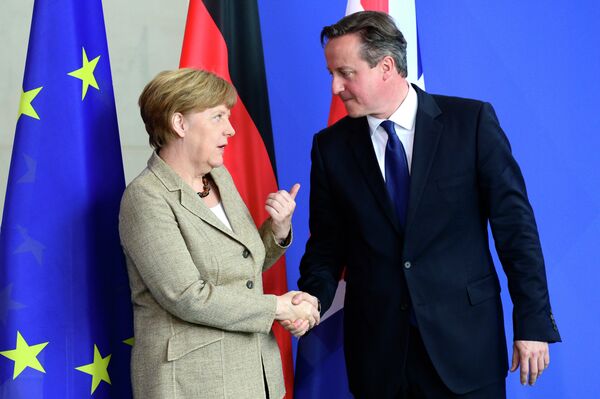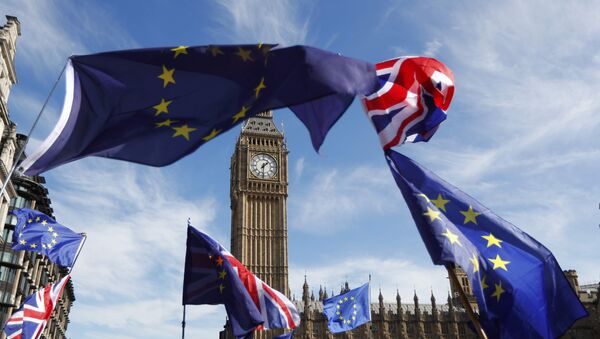However, as of June 2018, greater clarity on which existing rights will be lost remains unforthcoming — although there are certain areas in which removal, or at least reduction, is almost certain.
Right to Leave
EU citizens are able to move from member state to member state at their behest under current freedom of movement rules. Whitehall has pledged to put an end to this freedom once the UK leaves, replacing it with the right to earn "settled status" in the UK. Under the proposal, EU citizens who've lived in the UK for five years can apply for indefinite leave to remain — however, settled status does not equate to citizenship.

Familial Rights
EU citizens currently have the right to bring over family members to reside in the UK — almost inevitably, this right will be at best significantly reduced, or at worst removed outright.
EU negotiators have secured concessions from the UK government which partially extend current family reunification rights after the Brexit transition period, allowing married EU citizens only to bring existing spouses, parents and children to the UK.
Court Protection
The rights of EU citizens living in the UK are currently protected by the European Court of Justice — but Whitehall is committed to leaving the court's jurisdiction post-Brexit.

Illegal Immigrants
Brussels is reportedly bracing for a 'no deal' Brexit, due to a "lack of progress" in negotiations. Should the UK simply fall out of the bloc, the ramifications for EU citizens could be catastrophic. The majority would effectively be living in the UK without formal legal status — illegal immigrants, in effect — and there is no indication Whitehall has prepared for the eventuality.
Second Class Citizens
European citizens who arrive to the UK prior to the proposed Brexit transition period ends — December 31, 2020 — will be allowed to apply for "settled status" under terms negotiated between the UK and EU in 2018.



